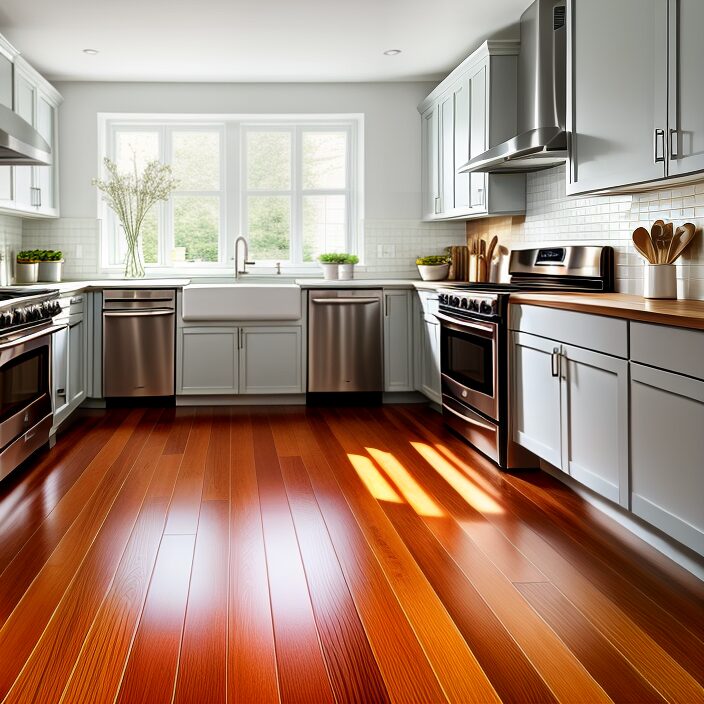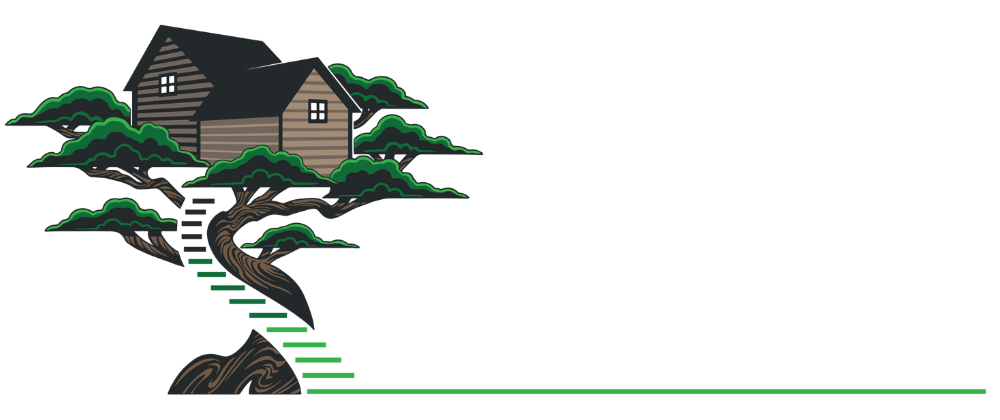floor, carpet, interior design, wood flooring, tile, bathroom, textile, wood, hardwood, laminate flooring, cabinetry, lighting, fax, roof, renovation, beauty, home improvement, attention, email address, porcelain, stairs, bonsai kitchen bath and flooring, bonsai, construction, bedroom, massachusetts horticultural society, larz anderson bonsai collection, maple, arnold arboretum, larz anderson, arboretum, chamaecyparis obtusa, anderson, basement, pine, acer palmatum, ulmus parvifolia, castle island
Is bamboo flooring good in a kitchen?
Bamboo flooring can be a great choice for a kitchen due to its durability and water resistance. However, it’s crucial to maintain it properly to prevent moisture damage, which may be more likely in high-traffic or wet areas.
Can bamboo flooring be used in a kitchen?
Bamboo flooring can indeed be used in a kitchen. Its durability and water resistance make it a suitable choice for this high-traffic area, provided it is properly maintained to minimize moisture exposure.
Can you put bamboo flooring in a kitchen?
Bamboo flooring can be installed in a kitchen due to its durability and water resistance, making it a suitable choice for this high-traffic area. However, it's essential to ensure proper sealing to protect against moisture damage.
What are the benefits of bamboo flooring?
The benefits of bamboo flooring include its eco-friendliness, durability, and resistance to moisture and pests. Additionally, it offers a unique aesthetic that can enhance any residential space while being easier to maintain compared to traditional hardwood options.
How durable is bamboo flooring in kitchens?
The durability of bamboo flooring in kitchens is quite impressive. It is resistant to moisture and wear, making it suitable for high-traffic areas; however, proper maintenance is crucial to ensure its longevity in this environment.
Is bamboo flooring resistant to moisture?
Bamboo flooring is not inherently moisture-resistant. While it can handle some humidity, excessive moisture can lead to warping and damage. It's best to maintain a dry environment and use proper sealing to protect against moisture-related issues.
Can bamboo flooring withstand kitchen spills?
Bamboo flooring can withstand kitchen spills to a certain extent, but it's essential to clean up any liquids promptly to prevent damage. While bamboo is more resistant to moisture than some hardwoods, it is still susceptible to water if left unaddressed.
What maintenance does bamboo flooring require?
The maintenance required for bamboo flooring includes regular sweeping or vacuuming to remove dirt and debris, occasional damp mopping with a gentle cleaner, and immediate attention to spills to prevent moisture damage.
How does bamboo flooring compare to tile?
Bamboo flooring and tile differ significantly in durability and aesthetics. Bamboo is softer and offers a warm, natural look, while tile is more durable and water-resistant, making it ideal for moisture-prone areas.
Is bamboo flooring eco-friendly for kitchens?
Bamboo flooring is eco-friendly for kitchens due to its rapid growth and renewable nature, making it a sustainable choice. It also emits fewer volatile organic compounds (VOCs) than many traditional flooring options, promoting healthier indoor air quality.
What styles are available for bamboo flooring?
The styles available for bamboo flooring include horizontal, vertical, and strand-woven. Each style offers a unique aesthetic and durability, making bamboo a versatile choice for enhancing your home’s interior.
How to install bamboo flooring in kitchens?
Installing bamboo flooring in kitchens involves preparing the subfloor, ensuring it’s clean and dry, laying a moisture barrier if necessary, and then using a tongue-and-groove method or glue-down installation technique to secure the planks.
Is bamboo flooring safe for children?
Bamboo flooring is safe for children as it is a natural, non-toxic material that does not emit harmful chemicals. Its durable surface can withstand wear and tear, making it a practical choice for family spaces.
Can you refinish bamboo flooring in kitchens?
Refinishing bamboo flooring in kitchens is possible and can restore its original beauty and extend its life. Ensure proper preparation and choose suitable refinishing products to maintain durability in high-moisture areas like kitchens.
What finishes are best for bamboo flooring?
The best finishes for bamboo flooring are typically hardeners like polyurethane or water-based finishes that provide durability and stain resistance while enhancing the natural beauty of the bamboo. These options protect the floor from wear and tear effectively.
How often should you clean bamboo flooring?
Cleaning bamboo flooring is essential for maintaining its appearance and longevity. It is recommended to clean bamboo flooring at least once a week with a soft broom or vacuum and a damp mop as needed to keep it free from dirt and debris.
Does bamboo flooring scratch easily in kitchens?
Bamboo flooring can scratch, especially in high-traffic kitchen areas. However, with proper maintenance and a durable finish, it can withstand daily wear and tear better than some hardwoods. Consider protective measures to enhance its resilience in such environments.
Is bamboo flooring a good investment?
Bamboo flooring is a valuable investment due to its eco-friendliness, durability, and unique aesthetic appeal. It offers good resale value and is a cost-effective option for enhancing residential spaces.
How to repair damaged bamboo flooring?
Repairing damaged bamboo flooring involves assessing the extent of the damage, then either sanding down minor scratches or replacing severely damaged planks. Ensure you use matching bamboo for seamless repairs and follow manufacturer instructions for the best results.
Can heat affect bamboo flooring in kitchens?
Heat can indeed affect bamboo flooring in kitchens. Prolonged exposure to high temperatures may cause the bamboo to warp or expand, so it's important to maintain stable temperatures and avoid direct sunlight to preserve its integrity.
What are bamboo flooring color options?
The color options for bamboo flooring include natural, carbonized, and stained variations. Natural bamboo showcases a light, golden hue, while carbonized bamboo offers a darker, richer tone. Additionally, stained options allow customization to match different decor styles.
Is bamboo flooring comfortable underfoot?
Bamboo flooring is indeed comfortable underfoot. Its natural flexibility provides a softer feel compared to traditional hardwood, making it a pleasant choice for walking and standing in your home.
How to choose bamboo flooring for kitchens?
Choosing bamboo flooring for kitchens involves selecting a durable, water-resistant option that complements your kitchen's aesthetic. Look for high-quality, strand-woven bamboo for enhanced strength and consider finishes that protect against moisture and stains.
Are all bamboo floors suitable for kitchens?
Not all bamboo floors are suitable for kitchens. While some engineered bamboo floors offer moisture resistance, solid bamboo can be prone to water damage. It's essential to choose a high-quality, water-resistant option for kitchen installations.
What warranties are offered on bamboo flooring?
The warranties offered on bamboo flooring typically include a manufacturer's warranty that covers defects in materials or workmanship for periods ranging from 15 to 30 years, depending on the product line and manufacturer.
How does bamboo flooring affect home value?
Bamboo flooring can positively affect home value by adding an eco-friendly and modern appeal. Homebuyers often appreciate sustainable materials, which can make your property more attractive and competitive in the market.
Can pets safely live with bamboo flooring?
Pets can safely live with bamboo flooring. Bamboo is durable and resistant to scratches, making it suitable for homes with pets. However, it's important to clean up spills promptly to prevent any damage over time.
Do you need an underlayment for bamboo flooring?
The need for an underlayment for bamboo flooring depends on the type of installation. Typically, it's recommended to use an underlayment to provide cushioning, reduce noise, and improve moisture resistance, enhancing the overall performance of the flooring.
What are installation costs for bamboo flooring?
The installation costs for bamboo flooring typically range from $3 to $10 per square foot, depending on factors such as the complexity of the project and the contractor's experience. It's best to request quotes for an accurate estimate.
Is bamboo flooring suitable for high-traffic areas?
Bamboo flooring is suitable for high-traffic areas due to its durability and resistance to wear. When properly sealed and maintained, it can withstand heavy foot traffic while maintaining its aesthetic appeal.
bonsai kitchen bath and flooring, expert flooring installation ma, massachusetts bonsai, kitchen and flooring design center, ideal flooring and design, floor decor design center, bonsai kitchen, bonsai flooring

